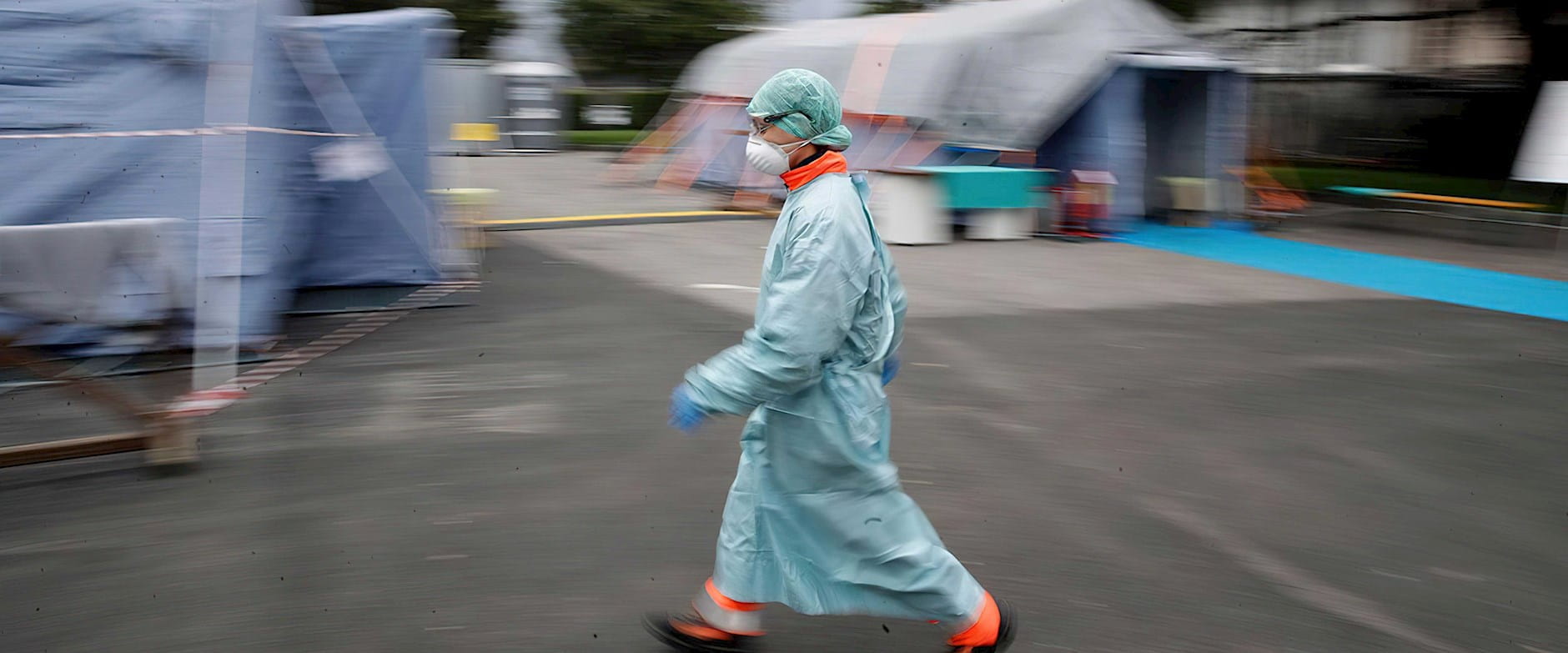
When Will the Fed Start Cutting Interest Rates?
Chicago Booth’s Anil K Kashyap and former Chicago Fed president Charles Evans discuss how the Fed is thinking about the US economy.
When Will the Fed Start Cutting Interest Rates?
Associated Press
Governments around the world are in the midst of deploying a host of policies to deal with the crisis created by the spread of COVID-19. The economic shock from this crisis is going to be huge, with an enormous human cost. The pain will fall disproportionately on certain people and sectors.
Some policies can be taken from the usual macroeconomic toolkit. Central banks have appropriately eased monetary conditions. Unemployment insurance and other forms of income support are essential to help displaced workers and distressed firms. The case for such support seems especially clear and uncontroversial in this case as there is no moral hazard—the local shuttered restaurant, and its employees, are of course not to blame for this health crisis.
In several important ways, however, the current situation is unlike past macroeconomic crises. Most centrally, there is a direct conflict between some traditional recession-fighting policies and addressing the health crisis, which we believe must take priority. After all, normal macroeconomic policy would never incentivize workers and customers to stay home, though this is exactly what we might need now. Further, firms and households need to learn how to operate in a totally different environment given the need for social distancing. Finally, whereas recoveries from financial crises are famously drawn out, this crisis offers the possibility of unusually rapid recovery once the viral threat passes. Our aim is to offer a framework and some guiding principles useful for thinking about these novel elements of this pandemic-driven crisis.
We organize our discussion around three pillars of the economic policy response. First, following the advice of medical experts, we must do all we can to spread out the number of infections over time, or “flatten the curve.” Second, policies should facilitate production and decision-making in a temporarily socially distanced world. Third, we should prepare to make the post-virus recovery as rapid as possible. Even though these three aspects of the policy response will play out in sequence, policymakers should start acting on all three now.
This article, written by the directors and executive board of Chicago Booth’s Initiative on Global Markets, is continued at igmchicago.org. Click here to read it in full.

Chicago Booth’s Anil K Kashyap and former Chicago Fed president Charles Evans discuss how the Fed is thinking about the US economy.
When Will the Fed Start Cutting Interest Rates?
Many Americans think Big Tech should be more tightly regulated, and politicians across the aisle agree. But what exactly should be done?
Break Up Big Tech?
Quantitative easing may have played a part in the US financial sector’s current instability.
Did the Fed Contribute to SVB’s Collapse?Your Privacy
We want to demonstrate our commitment to your privacy. Please review Chicago Booth's privacy notice, which provides information explaining how and why we collect particular information when you visit our website.